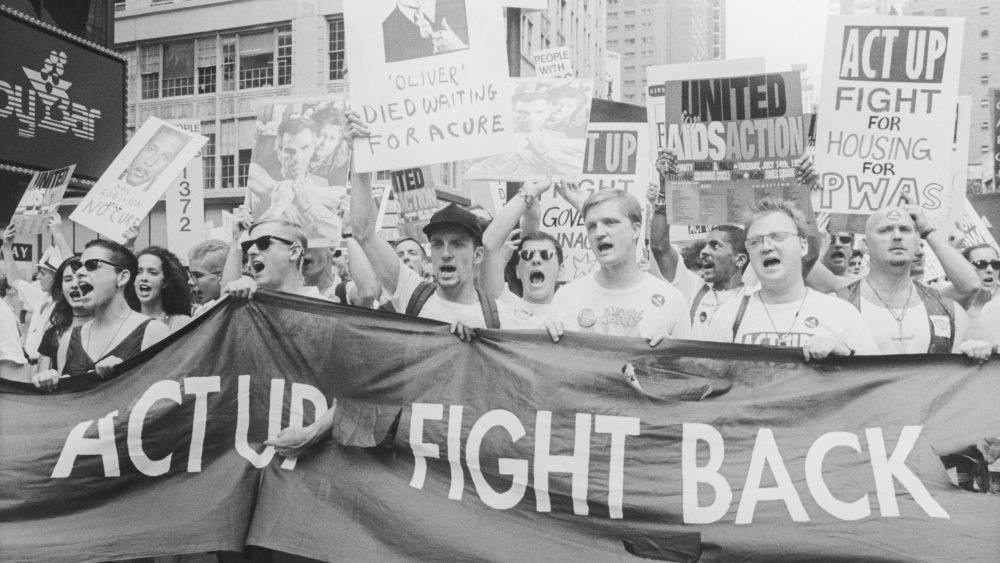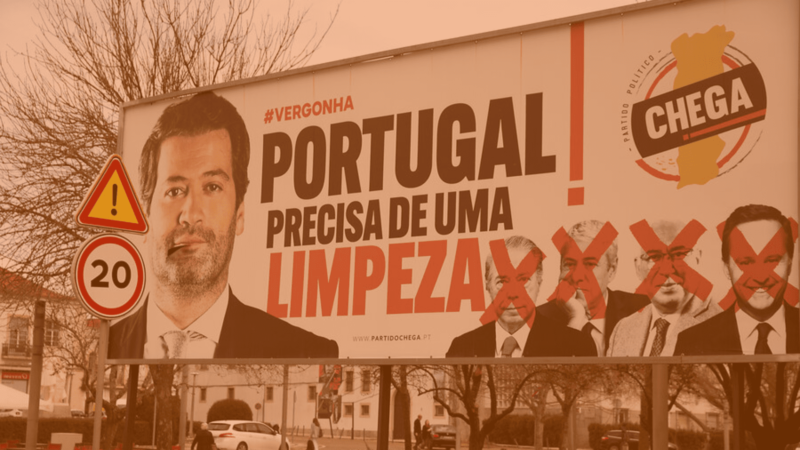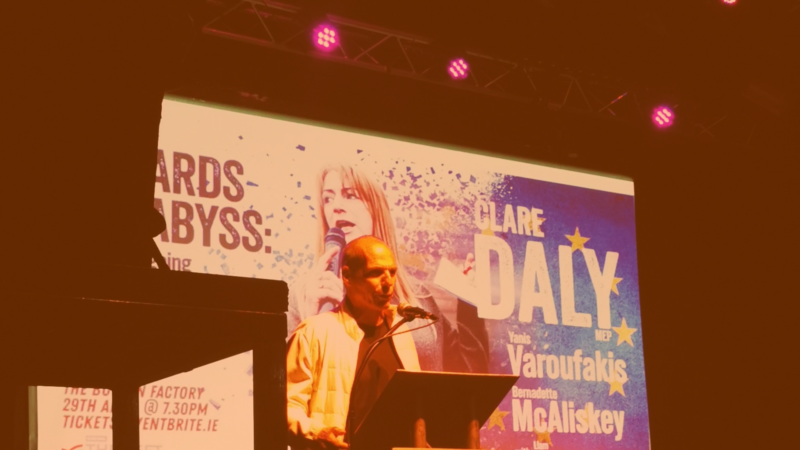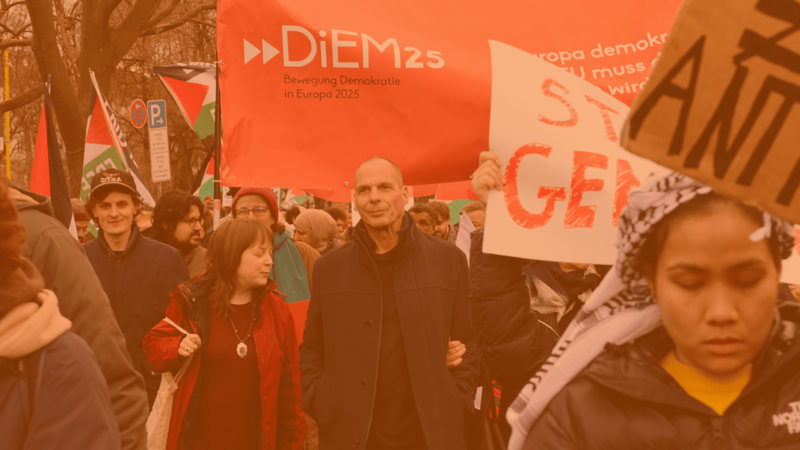The story of AIDS is a story of grassroots movements and pandemics.
There are LGBTQIA+ movements active worldwide in hundreds of local, national and transnational organisations that fight for the health,well-being and recognition of rainbow people all over. But few remember the catalyst for such a strong and powerful re-imagining: the stonewall riots and subsequent Pride marches — and most importantly, the grassroots movements and organisations that sprang up as a response to the AIDS pandemic that has, to date, claimed 35 million lives, making it one of the deadliest diseases in human history.
H2: The numbers: 38 million people live with HIV, 1,7 million people are infected annually, 690,000 die from HIV related causes every year and there are 12,6 Million people who have no access to treatment.
World AIDS Day, the first ever global health day, was established in 1988 after 7 years of intense activism that started in 1981 at gay playwright and activist Larry Kramer’s apartment. This led to the founding of Gay Men’s Health Crisis and later to ACT-UP.
The acceptance and mainstreaming of the LGBTQIA+ agenda had started before then and public opinion was changing. Strong and active communities had sprung up around the bars and clubs in San Francisco and New York before, and the LGBTQIA+ community had already started to organize itself around identity politics and was turning into a movement when the AIDS crisis hit.
This became an opportunity not only to come together and fight, but also a way to question what gay life meant and how it was constructed both from within and from without. Gay men and women had learned to make of marginalisation and insult a call to arms and a way of re-imagining identity.
“If we behave like those on the other side, then we are the other side. Instead of changing the world, all we’ll achieve is a reflection of the one we want to destroy.”
— Jean Genet, The Balcony, 1956
The fight for political and social relevance, for survival, and the freedom to self-identify is an ongoing struggle for the LGBTQIA+.
The community has to constantly engage with these institutions and hostile governments as well as religious organisations world-wide.
There was a before and after Larry Kramer and ACT-UP in the world of medicine, as Dr. Fauci, who at the time was director of the National Institute of Allergy and Infectious Diseases at the National Institutes of Health and is now on the Corona virus Task Force, has famously testified. It is a testament to what grass roots movements and political pressure organised around dissent can do. Inspired by the African American Civil Rights movement, ACT-UP used similar tactics to bring awareness and shift public opinion as well as force politicians to act: boycotts, non-violent civil disobedience, marches and demonstrations.
During the years of the Reagan administration and Thatcher in the UK, AIDS was preponderantly affecting gay men, drug users, the black community and sex workers. Ultra conservatives dragged their feet and actively delayed acknowledging the epidemic. If we compare the timelines of COVID-19 to the responses to AIDS, it becomes glaringly transparent how political will creates and influences societal transformation as well as research and funding programs.
From the first cases of AIDS, popularly known as the ‘Gay Cancer’, in 1981 it took till October 1987 for Ronald Reagan to publicly acknowledge the epidemic, at which point close to 30,000 people had already died. It was a time of rampant homophobia and virulent attacks from the deeply conservative evangelical churches and pastors, who saw AIDS as a great opportunity to push their reactionary agenda and demonize homosexuality. Ronald Reagan was playing to his base, much as Trump has been doing, in denying to acknowledge and take action on a health crisis that affected marginalised and racialised communities the most.
These kinds of politics turned into administrative agendas and federal policies, meaning funding for research was lacking and education around sexual health was often prohibited on moral and religious grounds. This and the Catholic Church’s refusal to endorse safe sex practices globally have caused untold suffering and death for millions to this day.
“We have everything required to save our world except the will to do it. It should have been simple — fight for our rights, take care of ourselves and each other, be proud of ourselves, be proud we are gay. This should be what every gay person is fighting for, seven days each and every week.”
— Larry Kramer, 2019
Something we can all learn from the successes and failures of the fight against AIDS is the power of unconventional politics.
From the decades-long activism of ACT-UP and other organisations we can see how important it is that resistance, street politics and grassroots become a way to do politics and not just a way of reacting to the crisis politics of the neo-liberal agenda. Constant engagement, participation and democratic processes are effective: the development and deployment of experimental drugs to fight HIV was largely the result of the unconventional politics of activists and people-led organisations.
Just as with AIDS, it is in the marginalised and racialised populations that COVID has been shown to have the heaviest negative and destructive impact. Populations that are likely to be last in the queue for the global roll-out of preventive action (see how COVID impacts populations transversely according to class, gender, race) as well as the vaccine
People living with HIV/Aids are more likely to live and work in conditions where physical distancing is not an option. Both of these epidemics run along the fault-lines of inequalities.
The theme for this year’s observance is “Ending the HIV/AIDS Epidemic: Resilience and Impact”.
Stigma around HIV and AIDS persists to this day and many are still ignorant of the facts around transmission and protection. Much has still to be done in research, education, advocacy campaigns and laws to protect the most vulnerable:
To understand more about World AIDS day, and show solidarity with the millions of people living with HIV/AIDS worldwide, we suggest the following resources:
- World AIDS Day
- European resources for combating HIV and AIDS:
Photo: Activists from ACT UP, a group co-founded in 1987 by Larry Kramer, shown in an archival photo from a demonstration.
Photo Source: Courtesy of HBO.
Do you want to be informed of DiEM25's actions? Sign up here










